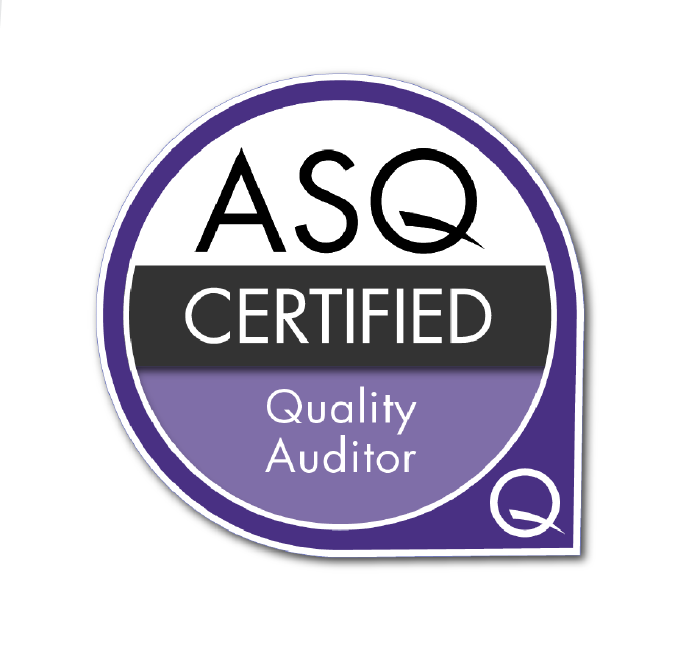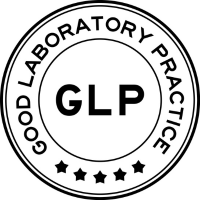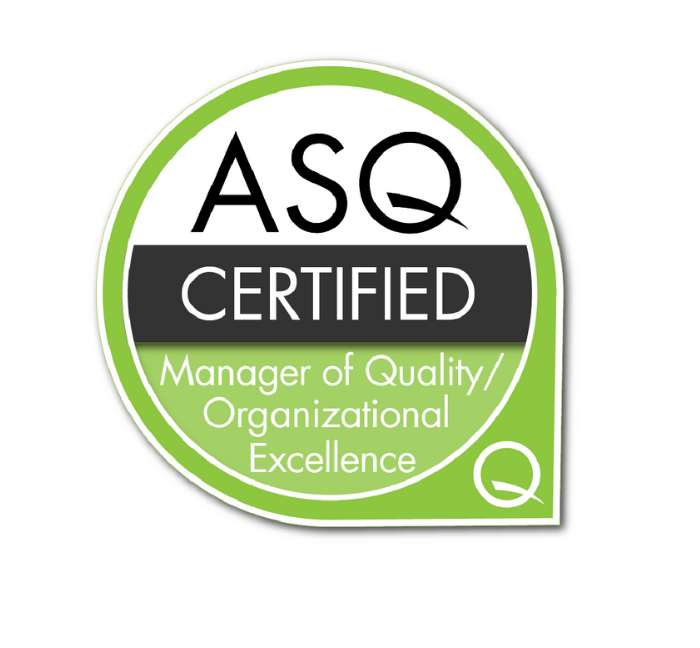Education Services
Medical Laboratory Science Certification Preparatory Program
The NMG MLS Certification Preparatory program is a succinct 10-week review course covering the highlights of the content areas for the MLS exam. NMG MLS Certification Preparatory program is a succinct 10-week review course covering the highlights of the content areas for the MLS exam. The review is designed for individuals who are currently a Medical Laboratory Technician (MLT), possess a Bachelor of Science (BS), Master of Science (MS), or PhD in Science who desire to prepare to sit for a certification exam through one of the certifying bodies.
The NMG program includes 10 interactive online courses with eight of the courses highlighting key content areas using pre-work, case studies, quizzes and exams, questions & answers, and an extensive resource library. The nineth course is specific to test taking strategies including the dos and don’t of taking computer-based testing. The tenth course is a bonus course directed to Public Health Laboratories and contains information specific to surveillance and the various tests conducted in Public Health Labs nationwide.
Requirements for the MLS Certification Program
The potential student/candidate should have:
- A minimum of one year of experience working in the laboratory field.
- Possess a minimum of a Bachelors of Science degree and can qualify for one of the certifying bodies exam.
Objectives:
Upon completion of the program, students will be able to
- Demonstrate your knowledge and competency of the core content areas for the MLS certification exam.
- Apply information and concepts obtained from the refresher course to day-to-day laboratory operations.
- Describe and understand key principles within the 10 courses of the MLS disciplines of laboratory science.
- Use critical thinking skills to help them analyze and understand complex concepts that provide the foundations of laboratory science.
Features:
- Give students access to thought leaders an experienced Laboratory Science professionals at your virtual doorstep as a valuable resource.
- Gives them insights and perspectives from thought leaders in the MLS industry without students leaving their home.
- Empower students with additional life skills, self-esteem, good judgement, effective interpersonal skills and technical skills.
- Propel students to excel in the Medical Lab Science Industry.
- Teach students through interactive learning that gives them real-world examples and experiences.
- Utilizes the Canvas learning system and other interactive learnings with and includes Pre-work, quizzes, and exams to help assess them.
- Incorporate test-taking strategies module to ensure their success with the MLS certification exam.
- Teach test taking strategies to prepare and increase your confidence and has access to an extensive resource library to help to prepare for exam.
Goal: To provide the student with the necessary knowledge, tools, strategies, and confidence to successfully pass the MLS certification exam.
Credit: P.A.C.E. credits through ASCLS
Cost:
10 Courses (entire program) $1999.00 for six months access
Individual Courses (i.e. Chemistry, Microbiology, etc.) $399.00 per course for six month access
Refunds/Withdrawal
Students who decide to withdraw from the Program must notify Neal Management Group via email, questions@thenealgroupllc.com. No refunds will be given after three calendar days.
Course Description
- Test Taking Strategies ℹ
Coach students with a plan to study before the exam, on the day of the exam, and what to do during the exam. Develop key studying techniques.
- Phlebotomy ℹ
Overview of specimen collection, handling, transport, and processing. Discuss Point of Care testing, physiology, patient preparation, QC, interpersonal relations, and patient confidentiality.
- Chemistry ℹ
Overview of clinical chemistry, as it applies to qualitative and quantitative analysis of body fluids. Review of carbohydrates, acid-base and electrolytes, proteins, and other enzymes, toxicology, etc.
- Hematology & Hemostasisℹ
Overview of the physiology and pathophysiology of erythrocytes, leukocytes, platelets, cellular morphology, and cellular disease states. Overview of the mechanism involved in the coagulation system including platelet function, protein interaction and clot breakdown.
- Microbiologyℹ
Overview of pathogenic bacteria, mycobacteria, parasites, fungi, and viruses. Including technical aspects of specimen collection, handling and transport, media composition, culture isolation and identification methods.
- Laboratory Operationsℹ
Overview of the various operations in the laboratory to include quality assurance, troubleshooting, safety standards, lab mathematics and calculations, regulations and compliance, automation and instrumentation, professional ethics, and management and education principles.
- Immunologyℹ
Overview of the principles of antigen/antibody structure function and interaction. Will review the human immune system as it relates to immunophysiology, hypersensitivity, immunity to infectious diseases, etc.
- Immunohematology (Blood Bank)ℹ
Overview of genetics and biology of red cell antigen systems, antibody screening and identifications, compatibility testing and solving compatibility problems. Additionally, we will provide an overview of donor requirements, prep. of blood components for transfusion, quality and inventory control, and instrumentation.
- Urinalysis & Other Body Fluidsℹ
Overview of the physical, chemical, and microscopic analysis of urine. Discuss the renal function, disease states, and the physiological properties of other body fluids.
- Public Health Laboratory Testingℹ
Overview of the Public Health Laboratory Testing and key concepts related to surveillance and the importance. Specific focus on infectious disease principles.
Certifications



